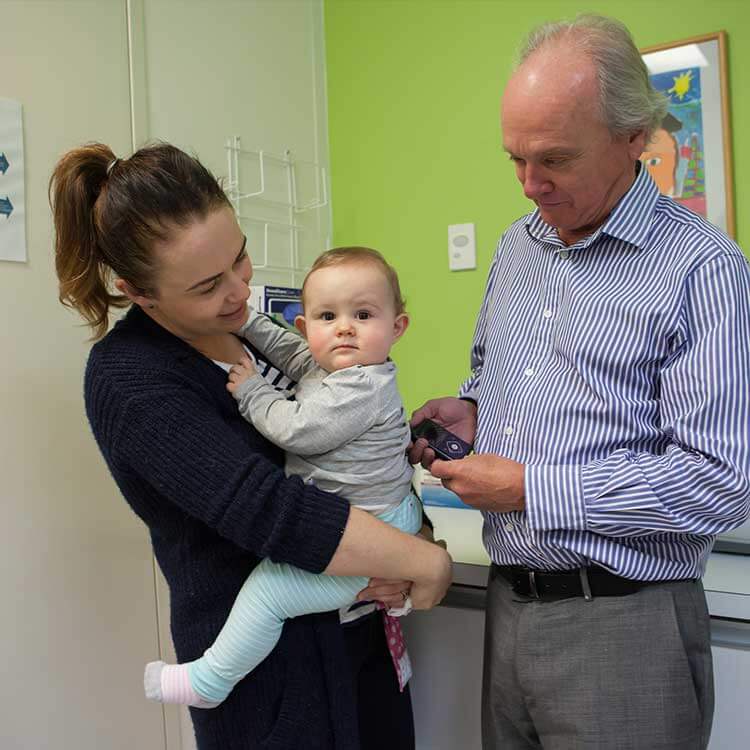Search
Research
Perinatal risk factors for childhood Type 1 diabetes in Western Australia - a population-based study (1980-2002)To investigate perinatal risk factors for childhood Type 1 diabetes in Western Australia, using a complete population-based cohort.

The Children's Diabetes Centre's research into Type 1 diabetes, childhood onset Type 2 diabetes and obesity aims to improve the lives of children and adolescents affected by these conditions.
Research
Exercising Safely with Type 1 Diabetes – Development of Clinical GuidelinesOur research focuses on what are the best ways for patients with Type 1 Diabetes to exercise safely. We aim to develop clinical guidelines that provide improved advice for patients and educate patients on how to prevent hypos during and after exercise.
Research
Use of Hybrid Closed Loop therapy in hypoglycaemia awarenessThis study will tell us if the use of a hybrid closed loop system can improve awareness of hypoglycaemia.
Research
National Hybrid Closed-Loop Outpatient TrialThe national Hybrid Closed-Loop Outpatient Trial will test the use of an automated insulin delivery system to see if it is better at optimising blood glucose levels than standard therapy.
Research
Western Australian DNA and Longitudinal Serum Bank for Weight RegulationThis resource will allow researchers to carry out studies which will look at the genetic causes of excessive weight gain and identify biomarkers
Research
A Database of the Complications of Obesity in ChildrenThe Obesity Database records the characteristics and medical complications of children with obesity who present to treatment at Princess Margaret Hospital
Research
Western Australian Children’s Diabetes DatabaseThis register was established at Princess Margaret Hospital in 1987 which stores data on all consenting patients attending the hospital’s diabetes clinic.
Research
Longitudinal Type 1 and 2 Diabetes Plasma and Serum RepositoryThe Serum & Plasma bank was established to provide a store of samples from subjects with diabetes as well as their families.
Research
Australian Childhood Diabetes DNA RepositoryCollecting DNA samples from Australian families affected by diabetes.
